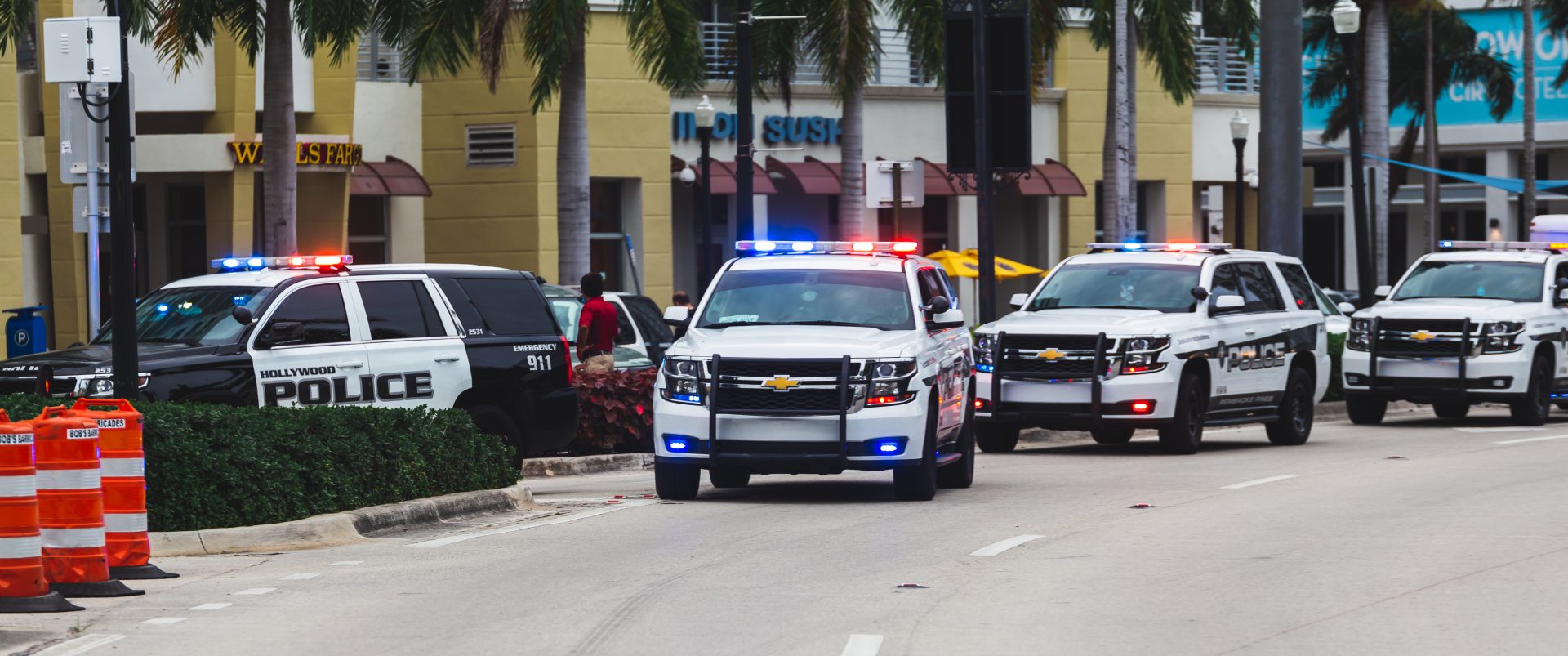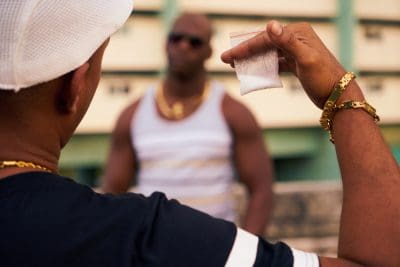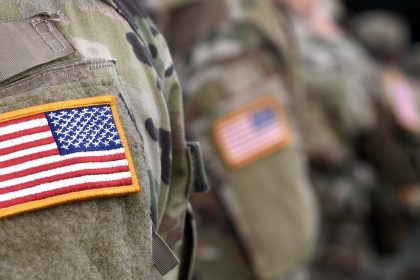Background of the case and its wider context
Goods’ death during a 2020 traffic stop reflects a disturbing trend of Black girls being subjected to excessive force by law enforcement. Baldner — who faces charges of second-degree murder and first-degree reckless endangerment — allegedly rammed his police vehicle into the Goods family’s car, causing it to overturn and trap Goods inside, according to the Times Herald-Record. This case comes amid rising concerns about the treatment of Black girls, who are often seen as less innocent due to racialized stereotypes — a reality tragically mirrored in the higher murder rates among young Black girls in the U.S. as reported in 2021 statistics, according to The Guardian.
The case of Aiyana Stanley-Jones, a 7-year-old girl killed in a police raid in Detroit in 2010, is another poignant example of this systemic violence. Stanley-Jones’ death, which occurred during a controversial police operation, highlights how Black girls can be viewed as collateral damage in law enforcement actions, further emphasizing the urgent need for reform.
Stereotypes of Black girls and law enforcement
Research indicates that Black girls are frequently perceived as “more adult” than their white counterparts, a phenomenon known as “adultification.” This leads to harsher treatment and a lack of empathy from law enforcement and authority figures. In Goods’ case, her death is not merely a tragic accident but a reflection of the dangers Black girls and their families face in a society that criminalizes their existence and views them as threats rather than children in need of protection.
These harmful perceptions extend into schools, where Black girls are disproportionately subjected to police interventions, suspensions and expulsions. They are “four times more likely to be arrested in school than their white peers to be arrested, three times more likely to be referred to the police and twice as likely to be physically restrained” — often for minor infractions — reported NBC News in 2022. This pattern mirrors the violence Black girls encounter outside school, leading to fatal outcomes in interactions with law enforcement.
Legal developments and the fight for justice
After an initial ruling dismissed the murder charge against Baldner, citing a lack of evidence that he acted with “depraved indifference,” Attorney General Letitia James successfully appealed the decision. The appellate court’s reinstatement of murder charges represents a significant step toward justice for Goods. However, the case also serves as a stark reminder of the systemic issues that affect the treatment of Black girls by law enforcement.
The decision aligns with growing public demands for accountability, especially in cases involving vulnerable Black children. Despite the seriousness of the allegations, Baldner’s defenders — including the Police Benevolent Association of the New York State Troopers — have argued that the reinstatement of murder charges could set a dangerous precedent for officers, the Times Herald-Record reported. This defense perpetuates a troubling narrative that prioritizes the interests of law enforcement over the lives of Black girls like Goods.
Broader implications
Goods’ death is not an isolated incident but part of a broader pattern of violence against Black girls, who are frequently overlooked in discussions about police brutality and systemic racism. The stereotypes that render Black girls “more adult” contribute to a system that fails to protect them, whether in school hallways or on public streets. Goods and Stanley-Jones are tragic reminders of the vulnerability of Black girls in a society that too often fails to protect them.
















